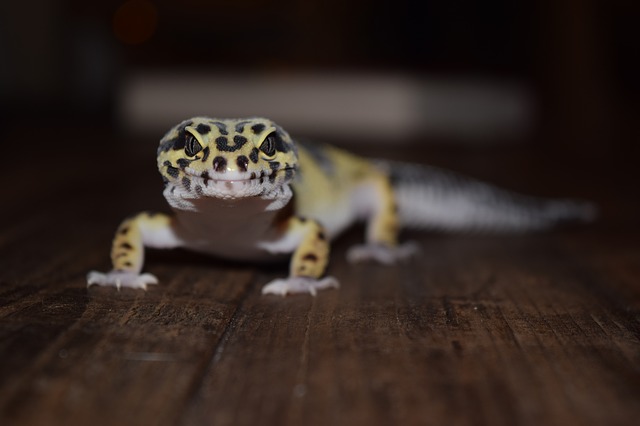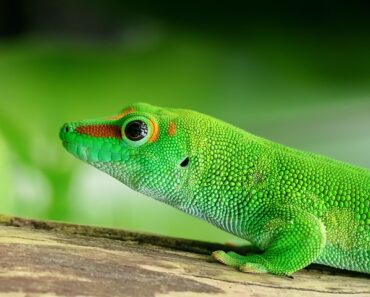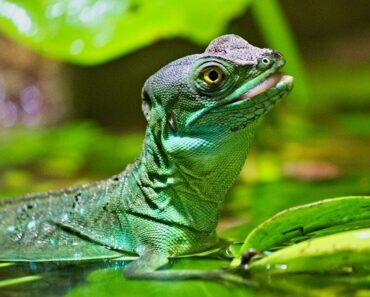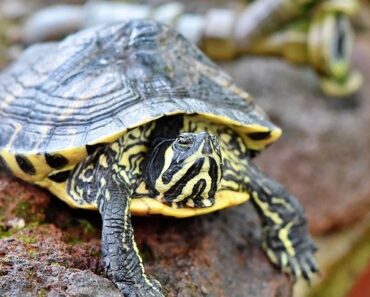The leopard gecko is without a doubt the most famous representative of this family of lizards among terrariophiles. Easy to care for, easy to handle and offering a large amount of phases, this species represents an excellent choice for starting reptile breeding. Nevertheless, to ensure the health of the animal, it is advisable to respect some rules concerning its feeding.

The diet of the leopard gecko
The leopard gecko is native to a semi-desert area from Afghanistan to southern India. It is a nocturnal hunter that feeds mainly on insects, although it will make an exception for small mammals when the opportunity arises. Needless to say that the ideal will be to stick as much as possible to its habits.
In captivity, its basic diet will most often consist of crickets, the size of which depends on the size of your pet. Young geckos will have to be fed every day while adult specimens will only be fed every other day. Also keep in mind that the leopard gecko likes to diversify its meals, so don’t hesitate to replace crickets with locusts, grasshoppers or even Argentine cockroaches.
Even if in the wild your lizard is an excellent hunter, prefer to feed it with tongs. This will limit his stress and allow you to control his food intake. Cockroaches will tend to hide, while crickets could bite him and make him nervous.
Treats and food supplements
As mentioned above, our pet likes to diversify his meals, a good way to offer him variety is to offer him a bowl of mealworms or silkworms once a week. Unlike crickets, which must be fed with tongs, worms can be fed dead or alive in a bowl.
As with many captive reptiles, it is important to give your pet an extra supply of calcium.
Finally, the last element that your gecko needs is a supply of vitamin D3. In its natural state, it synthesizes this vitamin by being exposed to the sun for short periods of time. However, in captivity, and in spite of the presence of a UV lighting, he will only rarely go out before the extinction of his terrarium. This supplement exists in many forms and can be mixed with calcium.
What about water?
Although it is not a question of food strictly speaking, water is a factor not to be neglected for a gecko. Although robust, the animal is not immune to disease and in most cases, these are related to poor maintenance of the water source of the terrarium: your lizard must have permanent access to its water source. The water must be changed every two days at the most, without forgetting to clean the bowl very regularly.






